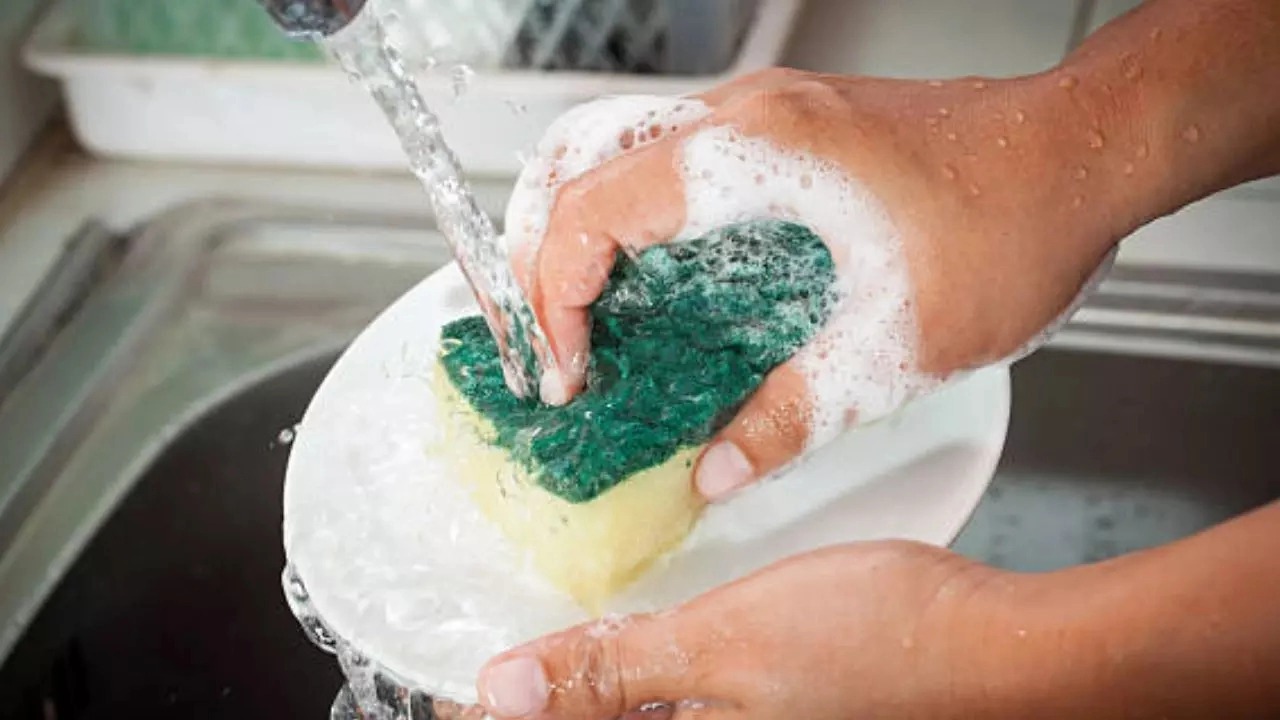[ad_1]
Dangerous bacteria often found in sponges include Campylobacter, E. coli, Salmonella, and Staphylococcus. Campylobacter can cause stomach problems like diarrhea and fever, usually from undercooked chicken or unpasteurized milk. E. coli can lead to severe issues such as bloody diarrhea and kidney failure. Salmonella and Staphylococcus are known for causing illnesses like fever, stomach cramps, and skin infections.
These germs can sometimes cause serious infections like meningitis and pneumonia, which might be wrongly blamed on other sources. Enterobacter cloacae, a germ found in sponges, can lead to serious health issues for people with weakened immune systems.
To reduce these risks, it’s important to regularly clean and replace sponges. Microwaving sponges can help kill bacteria, though it might not always be effective. Alternatives to sponges include scrub brushes, silicone brushes, metal scrubbers, and dishwashers. Avoid using the same sponge for different tasks, especially when cleaning raw meat, and never leave sponges in standing water.
By following these tips, you can help prevent bacterial contamination and keep your kitchen cleaner and safer. Proper sponge care is key to protecting your health.
[ad_2]
